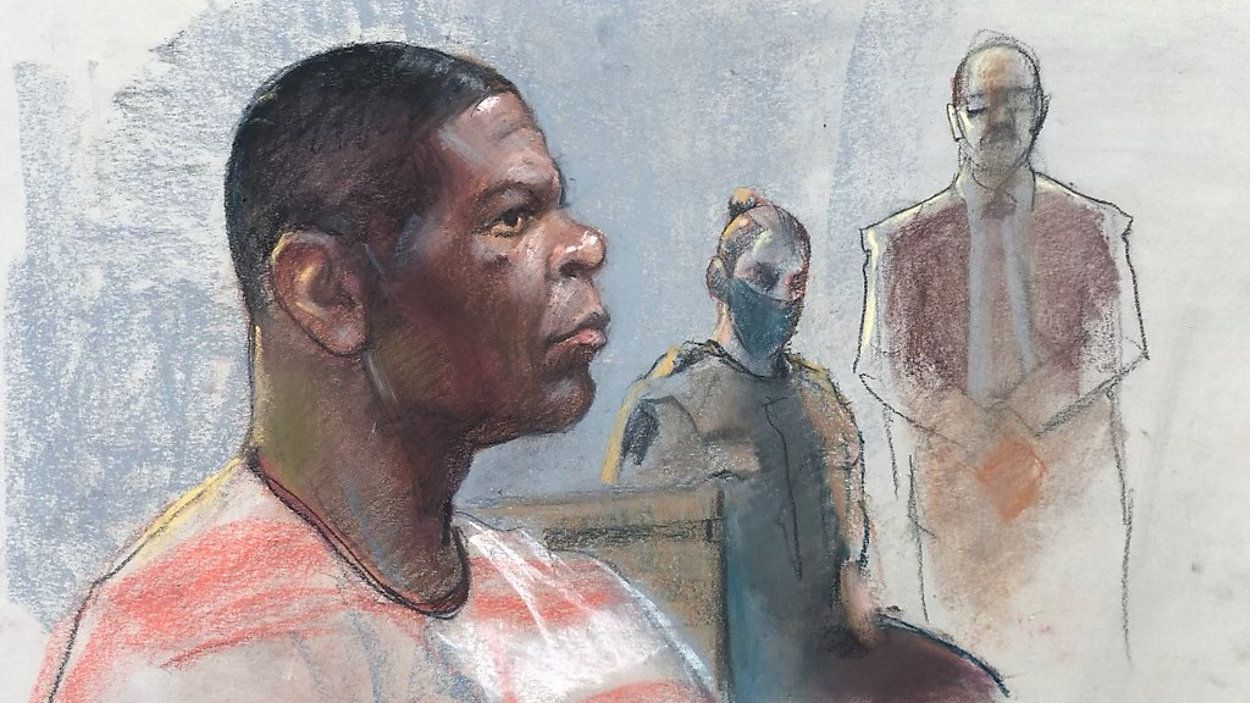BASTROP, Texas — Attorneys for death row inmate Rodney Reed and the state of Texas are slated to begin final arguments Monday in Reed’s evidentiary hearing.
The hearing began in Bastrop, Texas, back in July. Reed is seeking a new trial in connection to the 1996 murder of 19-year-old Stacey Stites. The state is defending its original conviction of Reed.
After DNA that matched Reed's was found in Stites' body, Reed was convicted of her murder in 1998 and sentenced to death.
Days before Reed's scheduled execution in 2019, he was granted an indefinite stay of execution and a new evidentiary hearing, due to the defense's argument that the prosecution both withheld evidence and presented false evidence in the initial trial.
Reed's attorneys have long claimed Reed is innocent and that he and Stites were in a consensual relationship, pointing towards Stites' fiancé, Jimmy Fennell Jr., as the killer.
The hearing was the first time his legal team was able to introduce new testimony and evidence to the record in his defense, and argued for a new trial, while the state made its case to uphold the original conviction.
The evidentiary hearing lasted nine days in a Bastrop courtroom, where nearly 50 witnesses took the stand.
“Our evidence and stuff has been admitted into this case, so we feel better than we ever have in the last 24 years about any hearing that we've been in thus far," said Rodrick Reed, Rodney Reed's brother.
Following final arguments, the judge will have some time to review all the evidence and testimony before issuing his recommendation on whether the Court of Criminal Appeals should grant Reed a new trial.
The state also called its own witnesses to defend its original investigation and conviction. They included the original investigators in the case, Fennell himself, and Stites’ sister.
“There was absolutely no reason for Rodney Reed to have any type of DNA on my sister, there was no evidence of any relationship, and we still 100% believe that Rodney Reed raped and murdered my sister," said Debra Oliver, Stacey Stites' sister.
Two expert forensic pathologists were key witnesses for the defense.
They testified that after reviewing the reports, video and photos from the crime scene and autopsy, they believe Stites died hours earlier than the state claims, placing her with Fennell at her time of death.
“We want Rodney to have the day in court that he actually deserves with all of this evidence of his innocence to be presented," said Jane Pucher, an attorney with the Innocence Project and part of Rodney Reed's legal team.
The state presented its own experts who disagreed, supporting the original medical examiner’s report. It also brought witnesses who testified about other charges against Reed.
One woman said she was raped in 1995, and the DNA from her rape kit ultimately matched Reed’s.
Another woman said six months after Stites’ murder, a man tried to abduct and assault her, but she got away. She identified Reed as her assailant out of a photo lineup.
The defense objected to their testimony being included, saying Reed has never been convicted of those crimes.



